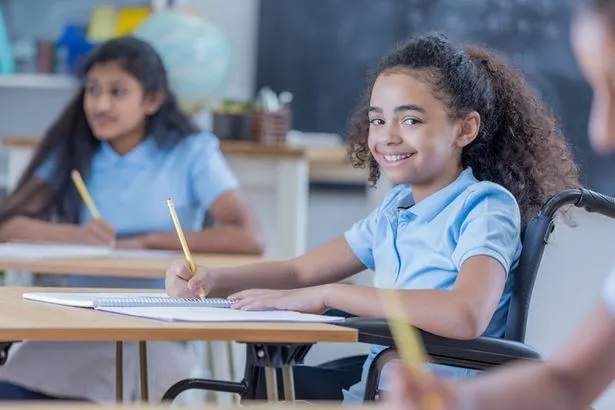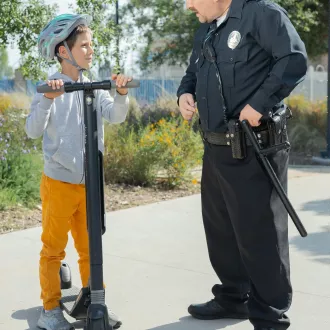Transcription The importance of problem solving in child autonomy
Child autonomy is a fundamental process for the development and healthy growth of children, as it allows them to acquire skills to be independent in their daily lives. Within this process, problem solving becomes an essential aspect to achieve autonomy, as it allows children to develop skills to face adverse situations and find effective solutions.
In this section, we will address the importance of problem solving in children's autonomy, analyzing its impact on the emotional, cognitive and social development of the child. In addition, we will present some strategies that parents and caregivers can implement to foster the development of problem-solving skills in children.
The importance of problem solving in children's autonomy
Problem solving is a complex cognitive process that involves identifying a problem, searching for relevant information, generating solution alternatives, evaluating the alternatives, and selecting the most effective solution. This process is not only fundamental to academic and occupational success in adult life, but is also essential to children's daily life and emotional and social development.
When children learn to solve problems, they are acquiring skills to deal effectively with complex situations. This allows them to develop greater self-confidence and feel capable of facing and overcoming challenges.
Difficulties
A child who has not developed problem-solving skills may feel overwhelmed by complex situations and have difficulty finding effective solutions. This can lead to feelings of frustration, anxiety and low self-esteem, which can negatively affect their emotional and social well-being. On the other hand, when children learn to solve problems, they are also developing social skills, such as effective communication, collaboration and teamwork.
Teamwork
Problem solving involves listening to and understanding other people's points of view, which helps children develop empathy and understanding for others. In addition, when children work in teams to solve problems, they learn to share ideas and accept constructive feedback. These skills are essential to the development of healthy interpersonal relationships and the ability to work collaboratively in a work environment.
Exploration and discovery
Children learn best through direct experience, so it is important to provide opportunities for them to explore and discover the world around them. This can include activities such as playing outdoors, exploring nature, building with blocks, experimenting with different materials, and creating art.
Challenges
One of the main challenges parents may face is the fear of letting their children make mistakes. Many parents want to protect their children from frustration and failure, but it is important to remember that these are natural components of the learning process. Children need to experiment and make mistakes in order to learn how to solve problems effectively
problems autonomy child




